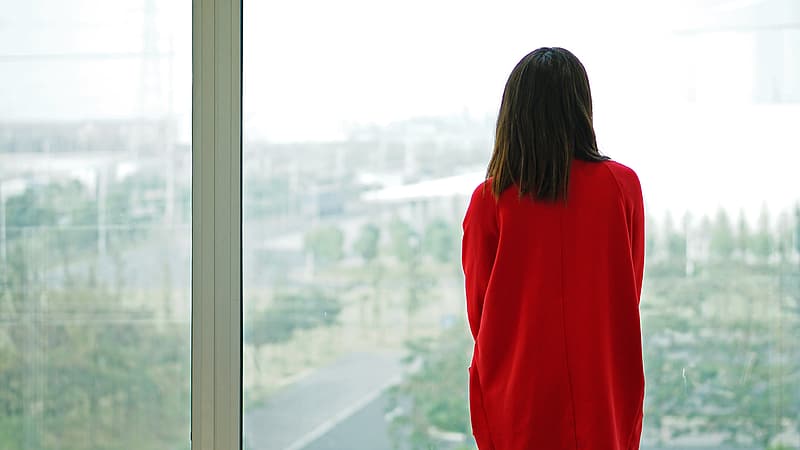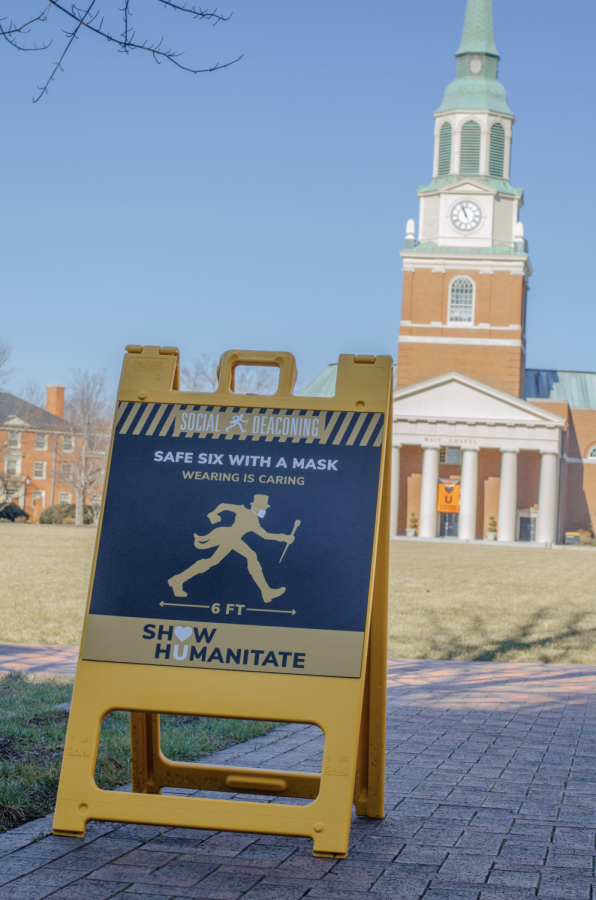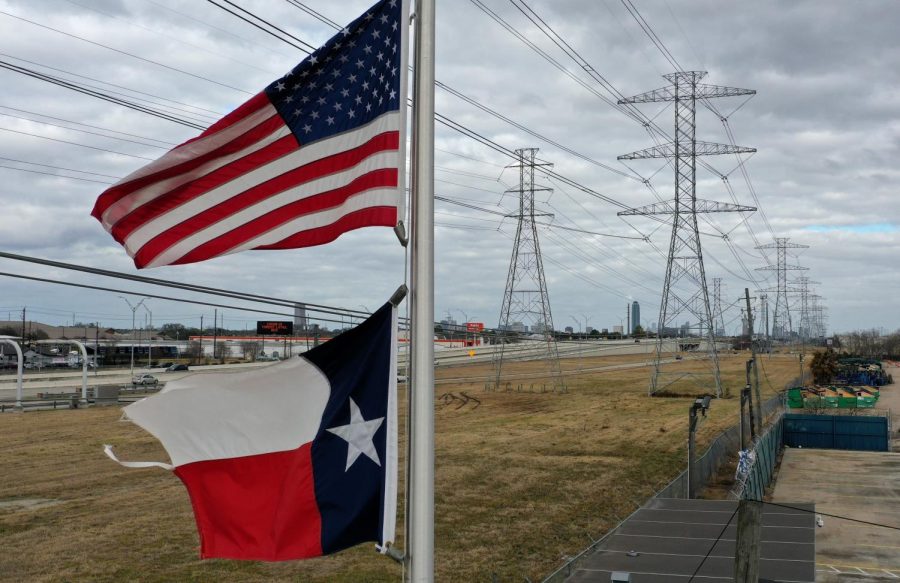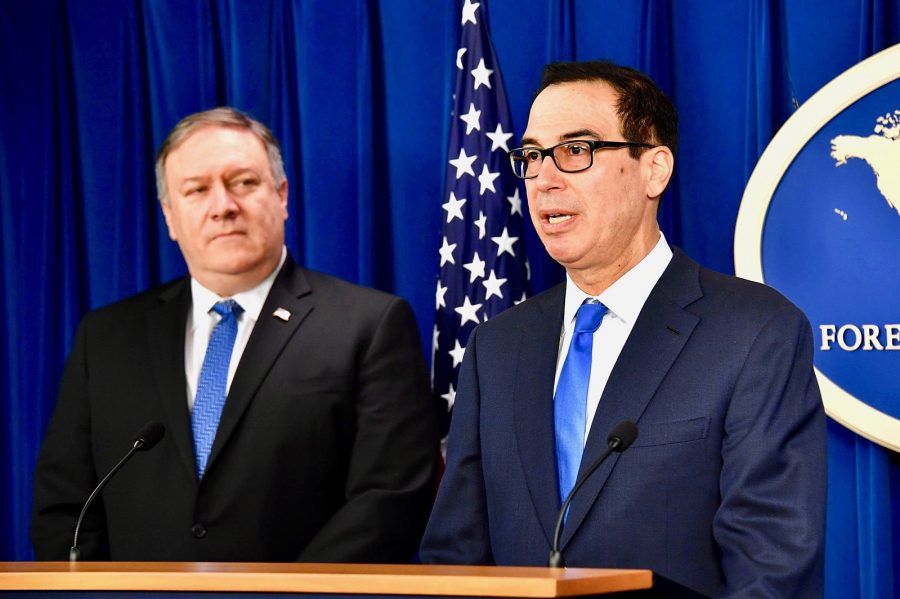Currently, the world is dealing with a pandemic known as COVID-19. It is incredible to see how much the lives of everyone around the country, including all Wake Forest students, have changed in just a few days. Two weeks ago, I flew home to Austin, Texas, for spring break. At the time, I had every intention of flying back to school the next week. Three days later, we learned that the university was extending spring break for one week. After that, all classes would be moved online for the foreseeable future. Our lives have been completely turned upside down, with every student grieving for the time they have now lost. I can say with certainty that most of us, but especially people like me, don’t know how to cope with the current uncertainty in the world.
When I was 10 years old, I was diagnosed with severe rheumatoid arthritis. An autoimmune, genetic disease, rheumatoid arthritis affects over 300,000 children in the United States alone. Those who suffer from this disease experience joint pain, swelling and joint damage. I have had two joint fusions and one joint replacement in my hands, and I am due for several more. I receive monthly infusions that leave me sick for days, and I live with almost constant severe pain. Most people who have this form of arthritis are on a class of medication called biologics for treatment. Nearly every single medication used to treat rheumatoid arthritis and other autoimmune diseases suppress the immune system of the patient who takes the drug. I have been on these medications since I was diagnosed 11 years ago. Having a suppressed immune system means I am more likely to get sick than the average individual, and my illness can make it harder for me to fight infection. We have to take special precautions to protect ourselves during the regular flu season, so the fear we are facing during this pandemic is absolutely unprecedented.
On top of all of this upheaval, I am hearing people say that we don’t need to take this seriously. They state that universities were overreacting when they sent students home. I have seen people say this disease only kills the weak. This attitude, to me, is beyond my comprehension. Yes, COVID-19 is most deadly to the elderly and those with compromised immune systems. However, just because these people are not the majority of our population, does not mean that their life is worth less than anyone else’s.
This past week, my doctor called me and told me that if I were infected with COVID-19, my life would be at risk. In addition to worrying about how I will finish this semester, I have now been unable to leave my house, because my risk of infection is too high. This situation is scary for everyone, but I still see people ignoring calls for social distancing because if they get the virus, “it won’t affect them that much.” Yes, you might not get sick, and yes, it probably won’t kill you if you are young and healthy; but when you choose to go to public places, you put yourself and so many others at risk.
People can carry COVID-19 without displaying any symptoms, and they can spread the virus to others very quickly. Choosing to ignore the protocol set by the Centers for Disease Control and Prevention (CDC) and the World Health Organization because it’s too much work is just unfathomable. You might think that by just staying away from the elderly you won’t affect anyone. But what happens when you come and stand next to someone like me? I may look healthy, but I am not. There are so many people around the world who are affected by invisible illnesses. If you saw me walking down the street, you would have no idea I was sick. But I am sick, and so are many others who could be gravely impacted by COVID-19.
I want to come out of self-isolation as fast as possible, as I know everyone does. If you think about your friends and family, I am sure several people in your life would benefit from self-isolation. Please follow the protocol set by the CDC and the coronavirus task force. If you think you have been exposed, quarantine yourself. I understand that this is tedious; it is for everyone. But taking the proper precautions could save countless lives, including mine. Yes, people with autoimmune diseases may be physically weaker than the rest of the population. However, we are still daughters, sons, fathers, mothers, brothers and sisters who are trying to live their lives and get back to the way it was before COVID-19 as quickly as possible. I am counting down the days until I can go back to school. So if you can’t self-isolate or take cautionary measures for yourself, then consider immunosuppressed people like me. We deserve the chance to have a life, too.
















